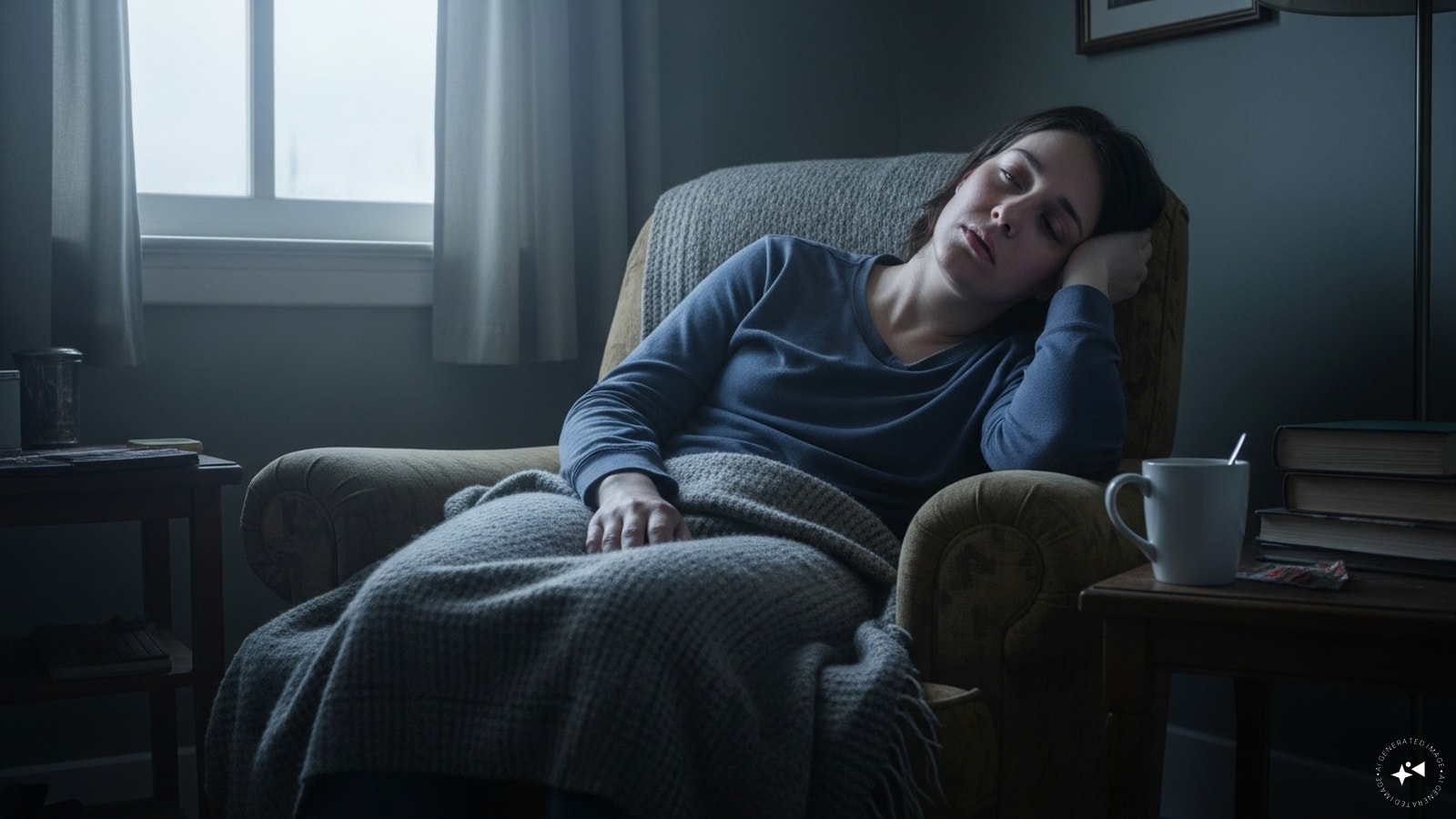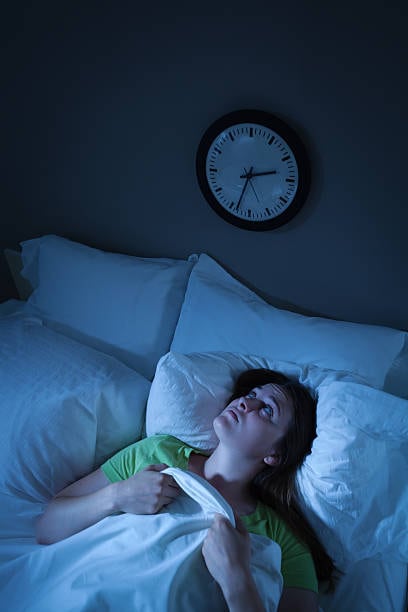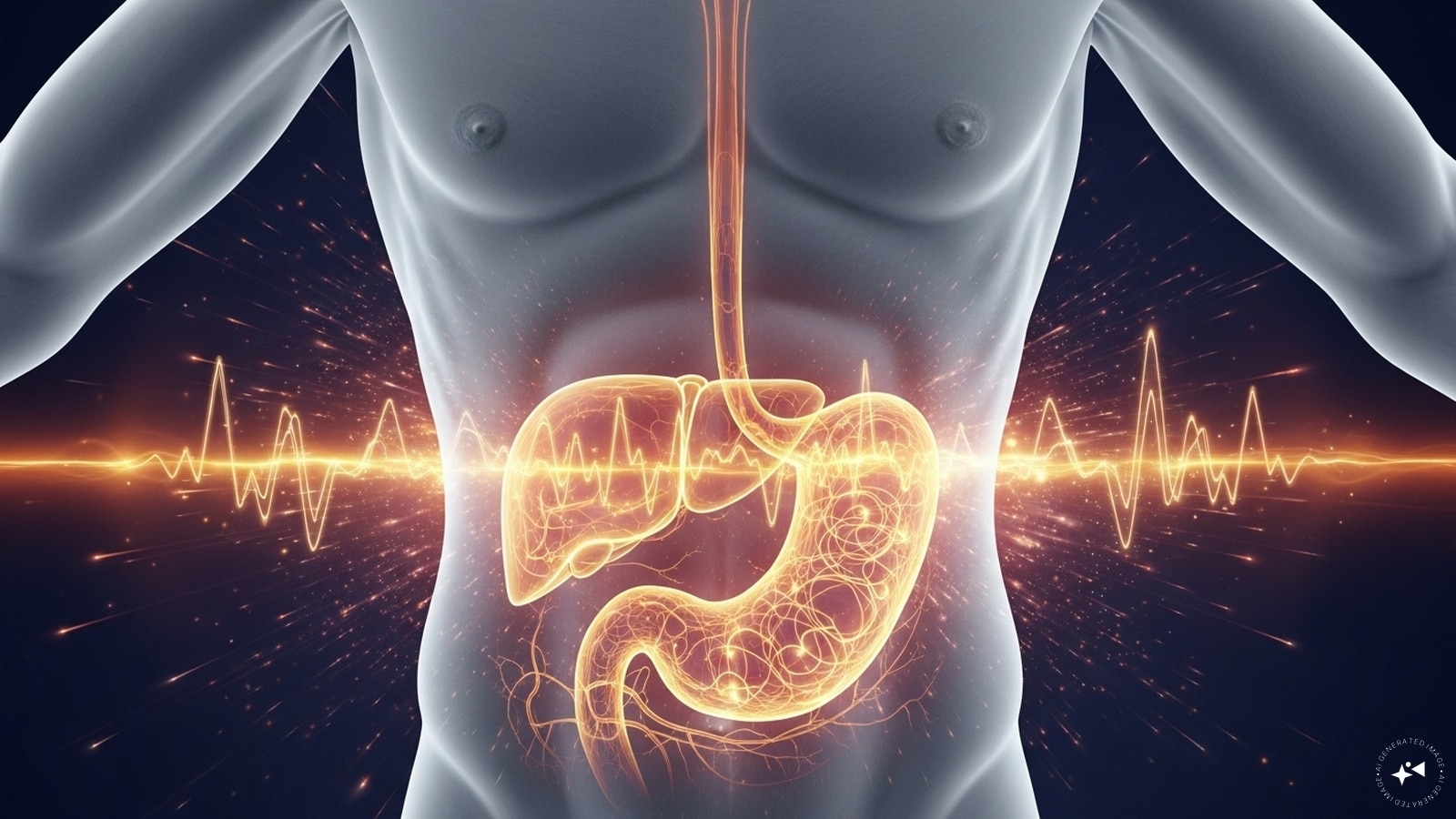
Getting 8 hours of sleep consistently improves energy, brain function, immunity, and emotional stability, while lack of sleep leads to fatigue, poor focus, and increased health risks. The difference is both immediate and long-term. When you regularly get less than 8 hours of sleep, your body and mind begin to show signs of strain. Even missing just one hour can have noticeable effects, including: (Image: Pexels)

Reduced energy levels: You may feel sluggish, struggle to stay alert, and rely more on caffeine. (Image: AI-Generated)

Poor concentration and memory: Sleep deprivation impairs cognitive functions like decision-making, learning, and recall. (Image: Pexels)

Weakened immunity: Your body produces fewer infection-fighting cells, making you more prone to illness. (Image: AI-Generated)

Mood swings and irritability: Lack of sleep affects emotional regulation, increasing anxiety and stress. (Image: AI-Generated)

Weight gain and sugar cravings: Sleep loss disrupts hunger hormones, leading to overeating and poor food choices. (Image: Pexels)

Increased risk of chronic conditions: Long-term sleep deprivation is linked to heart disease, diabetes, and depression. (Image: Pexels)

Getting a full 8 hours of sleep allows your body to repair, reset, and thrive. The changes are often dramatic. (Image: Pexels)

Boosted energy and alertness: You wake up refreshed, with better stamina throughout the day. (Image: AI-Generated)

Sharper brain function: Sleep enhances memory consolidation, creativity, and problem-solving. (Image: AI-Generated)

Stronger immune system: Your body produces more cytokines and antibodies during deep sleep. (Image: Pexels)

Improved mood and emotional balance: Sleep helps regulate stress hormones and supports mental health. (Image: Pexels)

Better physical performance: Athletes and active individuals report improved coordination and recovery. (Image: AI-Generated)

Healthier metabolism: Sleep supports insulin regulation and reduces cravings for sugar and processed foods. (Image: AI-Generated)

In a personal experiment documented by Healthline, a writer shifted from 9 hours to 8 hours of sleep for a month. The result? A noticeable drop in energy and focus, even though 8 hours is considered optimal. This highlights how even small changes in sleep duration can affect performance and well-being. (Image: Pexels)






